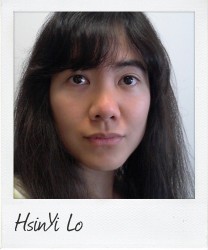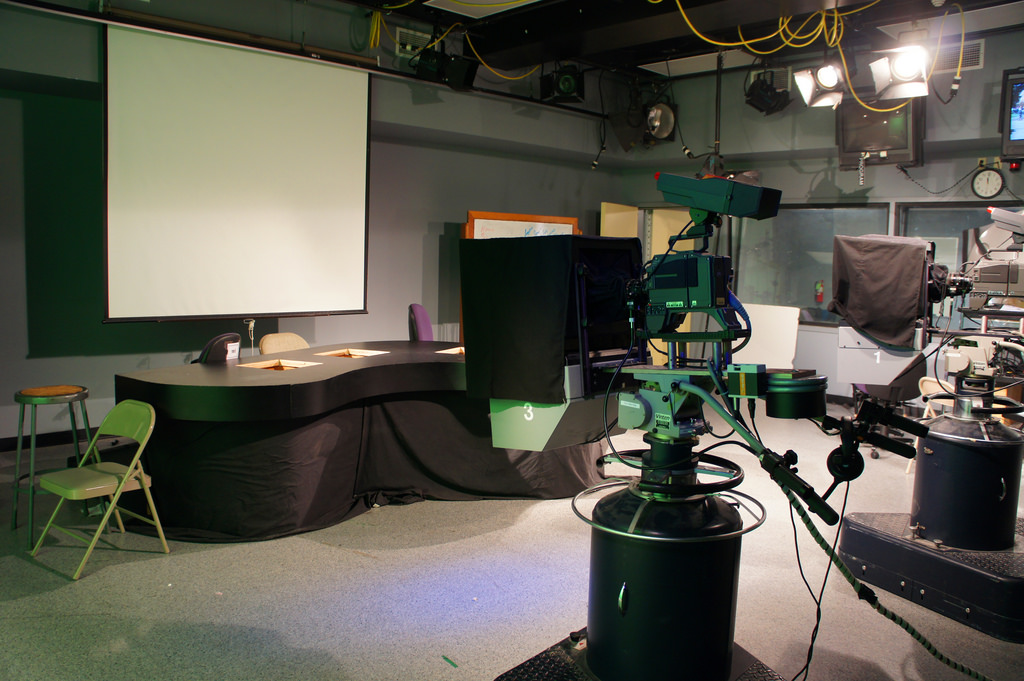“Proposed merger threatens media diversity”
April 6th, 2016 The media says proposed amalgamation will strengthen public broadcasting, but Hsin-Yi Lo, a Commonwealth Correspondent from Melbourne, Australia, argues there are severe implications for democracy when media ownership is concentrated and diversity is limited.
The media says proposed amalgamation will strengthen public broadcasting, but Hsin-Yi Lo, a Commonwealth Correspondent from Melbourne, Australia, argues there are severe implications for democracy when media ownership is concentrated and diversity is limited.
In late February, Mark Scott of the Australian Broadcasting Corporation questioned if Australia really needs two public broadcasters. He contests there isn’t much distinction between the ABC and the Special Broadcast Service, and potential government funding savings to be justified if the combined strengths of ABC and SBS can improve the public broadcasting model while ‘maximising audience engaging’.
“Above all we believe such a model would be sustainable, ensuring the survival of a vigorous public broadcasting service in Australia. I also believed the savings would be sufficient to remove the obligation on SBS services to carry advertising,” he said.
While Scott paints a foolproof picture of having just one public broadcaster in the country, who will provide news and services to the 74 multicultural communities, including Indigenous communities, in Australia? As news media is moving along with the digital revolution, SBS is now more important than ever to provide digital platforms like podcasts and videos to its audiences. In a globalised world, it’s prudent to support programmes educates audiences other cultures and countries so we can appreciate diversity.
SBS was founded in 1978 in Sydney and Melbourne to cater to Australia’s growing migrant communities. Migrants who don’t have sufficient English language skills often struggle to keep up with local news. SBS provides a service in multi-lingual broadcasting so migrant communities can access both local and overseas news from their homeland in their mother tongue. The station has radio, online, and television programmes showing world movies and even cooking shows showing culinary delights from abroad.
However, in 2014 the conservative Abbott government slashed $308 million from SBS and ABC over the next five years. SBS lost $25.2 million, and the station requires substantial advertisements to support itself. The federal government said it would change advertising rules to allow SBS more flexibility to seek corporate sponsorships. Unfortunately, the legislation failed and SBS had a $28.5 million deficit.
SBS represents media diversity in Australia, but its programmes are also targeted to educate wider communities about different cultures and countries. Broadcasting in 74 languages, SBS is quick to accommodate to emerging linguistic communities like Arabic, Farsi and Karen. Across the globe, Australia is known for its celebrated multicultural society. Yet the country hasn’t truly accepted multiculturalism as part of its mainstream society. For the Australian-born, “mainstream Australian society” normally refers to Western culture and Anglo/Celtic-Australians. Multiculturalism is often referred as ‘the other’ in our minds.
“Multiculturalism is good”. This tokenistic phrase is repeated like a mantra by many Australians. But, why do we still fail to truly embrace diversity in all aspects of our society? Migrants didn’t just bring additional cuisines to our menus and festivals to our country. They’re also our architects, engineers, businessmen and women, they work in our commerce, finance and other sectors.
Australia has been criticised for its lack of diverse faces on television. Too often we see white faces on our news, even as they provide an authoritative voice on diversity and race issues. Popular television shows like Neighbours and Home and Away have a predominantly white cast, and the shows don’t reflect contemporary Australian society. Professional actors like Firass Dirani and Jay Laga’aia have hit out against Australia’s failure to reflect multiculturalism, and television’s failure to cast diverse characters.
Diversity in media is valuable to our learning. People from culturally and linguistically diverse backgrounds can offer alternative perspectives on news and current affairs. This can broaden our horizons and understanding of our society, people around us and the world. Silencing the voices of our talented, diverse Australians harms our opportunities to improve our workforce and to see things differently.
But there is another big issue at hand. As we’ve seen in capitalist societies like the United States, United Kingdom and Germany, the concentration of media ownership has posed problems like editorial independence. Rather than serving the interest of public awareness and knowledge, media corporations owe their loyalty to sponsors, advertisers and the small group of elites controlling the companies.
The proposed merging of ABC and SBS also reveals Australia’s appalling media ownership record. News Limited, Fairfax Media and APN News and Media own 98% of the media sector in the country. News Limited and Fairfax, together, own 88 per cent of the print media. These media companies operate under a business model which threatens the very essence of democracy and free press. Under Article 19 of the Universal Declaration of Human Rights, free press means: “the right of the people to be informed by the press on matters of public interest so that they may exercise their rights and duties as citizens”. The media also has a duty to conduct self-regulation: “It is in the public interest for the press to make available to the people a wide diversity of views and opinions.”
Dissolving SBS is a loss to all Australian communities, because the public broadcasting service offers unique and alternative programmes to its audiences. ABC and SBS are the last stand against the concentration of media ownership in this country. Without diversity in media, we’re denied the right to objective and independent information.
Reach me on Twitter @hsinyilo
Photo credit: SOJC Studio IV via photopin (license)
…………………………………………………………………………………………………………………………………………
About me: I am a Multimedia Journalism Masters student at the University of Kent, UK. I am originally from Melbourne, Australia. I aspire to be a journalist because I enjoy story-telling and sharing knowledge and ideas. You can follow me on Twitter @hsinyilo
…………………………………………………………………………………………………………………………………………
Opinions expressed in this article are those of the author and do not necessarily represent the views of the Commonwealth Youth Programme. Articles are published in a spirit of dialogue, respect and understanding. If you disagree, why not submit a response?
To learn more about becoming a Commonwealth Correspondent please visit:
http://www.yourcommonwealth.org/submit-articles/commonwealthcorrespondents/
…………………………………………………………………………………………………………………………………………




